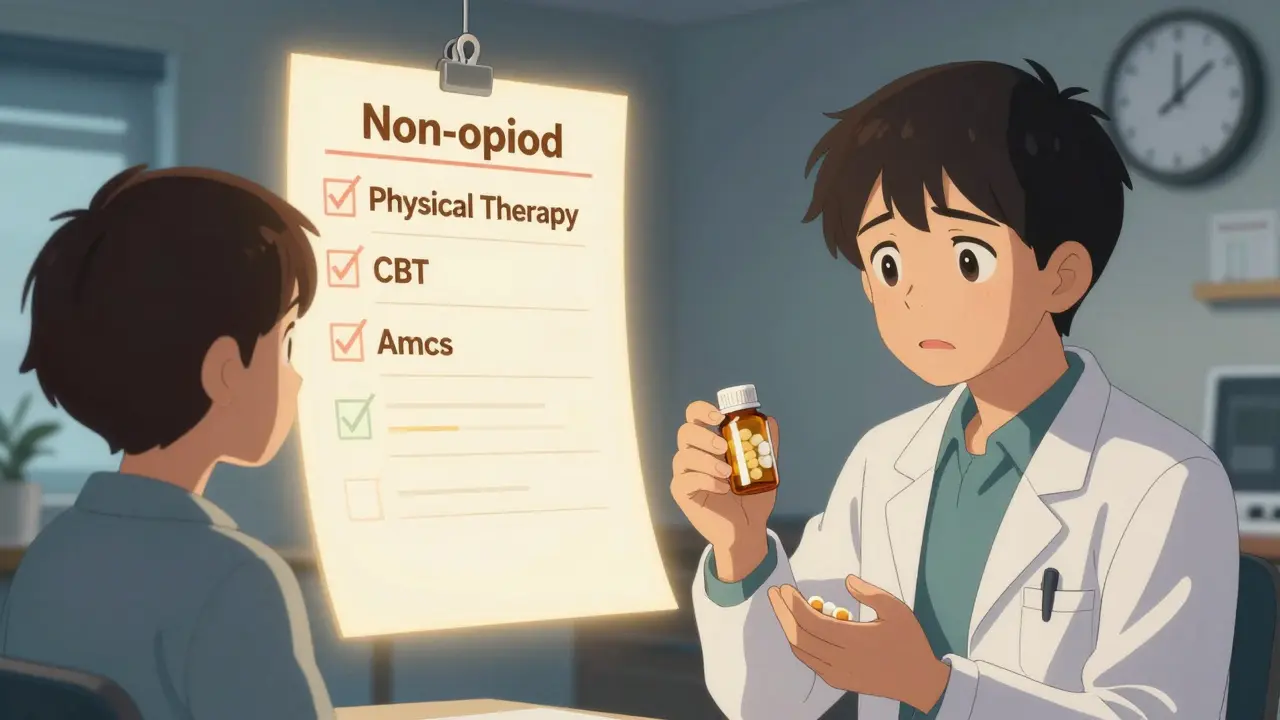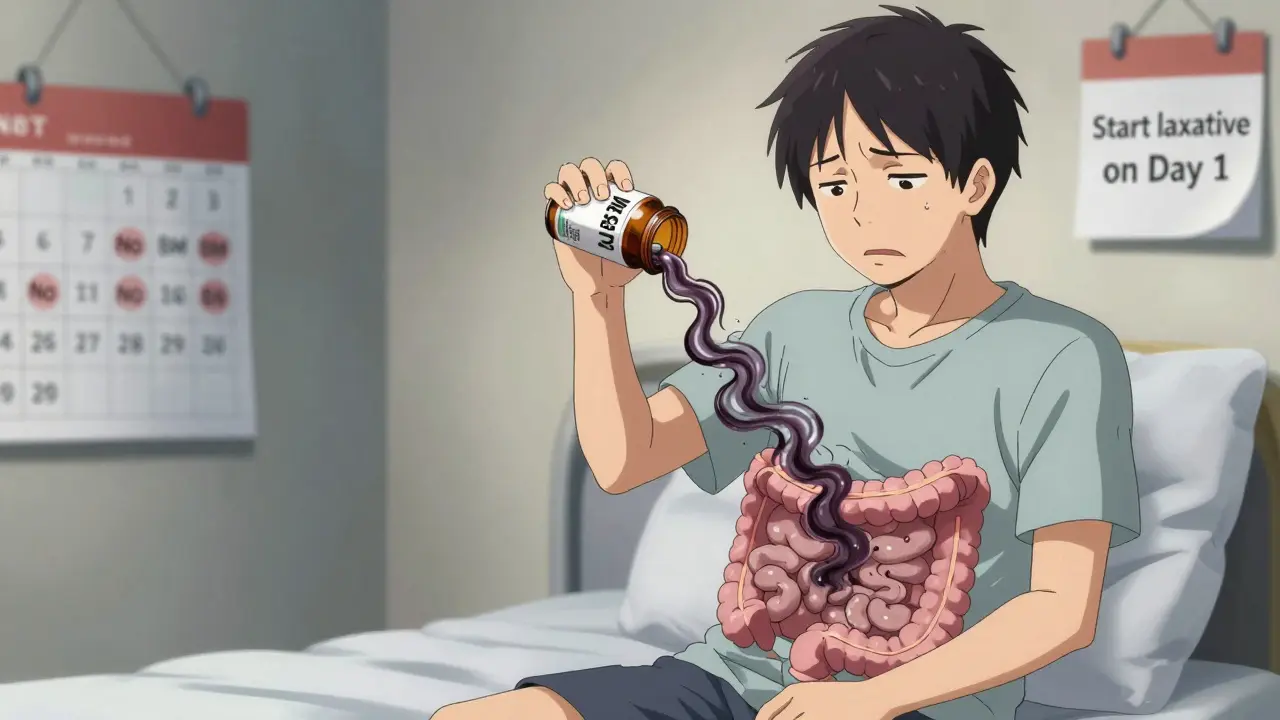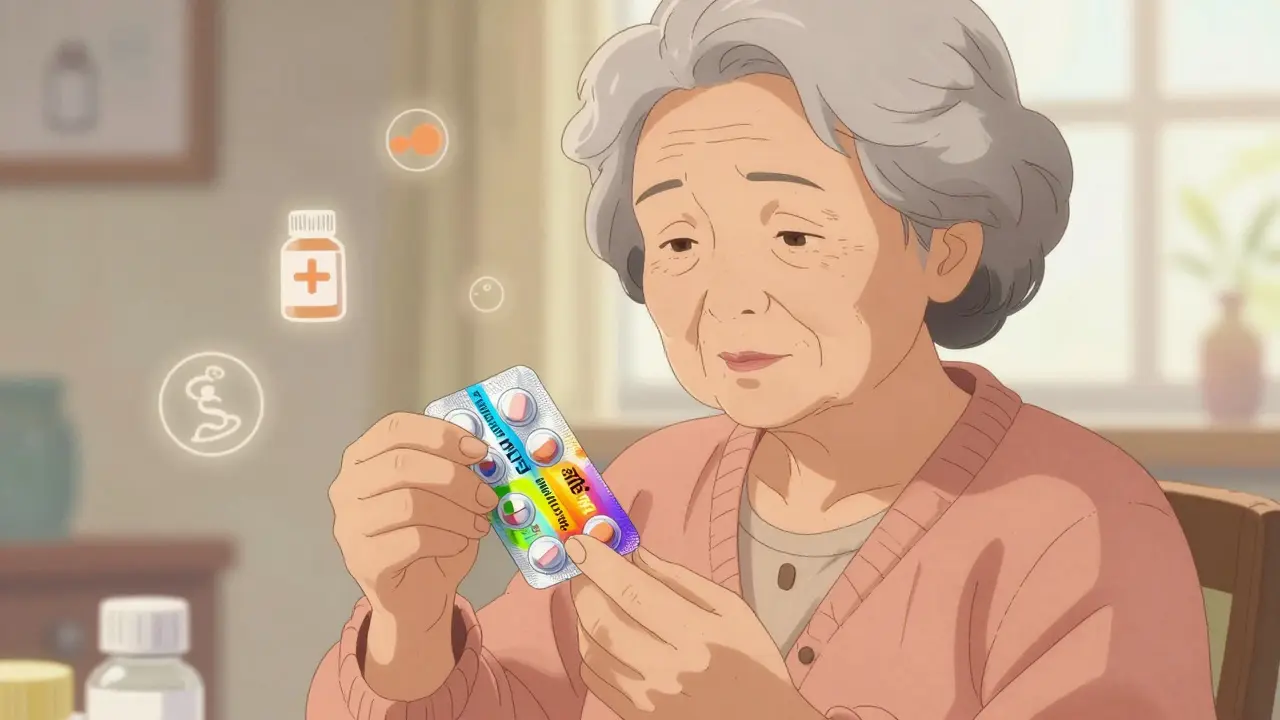Pharmadoctor.co.uk: Your Online Pharmaceutical Guidance - Page 3
DailyMed is the official source for up-to-date FDA drug labels and side effects. Learn how to navigate it to find accurate, current prescribing information - no summaries, no ads, just the truth.
Nonallergic rhinitis causes chronic nasal symptoms without allergies. Learn the top irritant triggers - from cold air to spicy food - and evidence-based ways to manage it with saline rinses, nasal sprays, and avoidance strategies.
Fluoroquinolones like levofloxacin can trigger sudden delirium in older adults, causing confusion, hallucinations, and memory loss. Learn the signs, risks, and safer alternatives to protect elderly patients from preventable cognitive side effects.
Learn how to accurately document drug allergies in your medical records to prevent dangerous medication errors. Specifics matter-vague answers can cost you the right treatment.
Learn safe, evidence-based strategies to taper off benzodiazepines without severe withdrawal. Discover the right pace, best medications to switch to, and how therapy boosts success rates.
Opioid therapy can help with severe pain, but it carries serious risks of dependence and overdose. Learn when it’s appropriate, what the guidelines say, and how to stay safe.
Medication-induced constipation affects up to 60% of opioid users and many on anticholinergics, calcium blockers, and iron. Learn why standard laxatives fail and how to choose the right treatment-backed by clinical data and real patient results.
Blister packs and pill organizers help prevent dangerous medication mistakes by organizing doses clearly by day and time. Blister packs reduce errors by up to 67% and are especially vital for seniors on multiple meds. Learn how to use them safely and get them covered by insurance.
Earwax impaction is a common but often misunderstood condition that can cause hearing loss, dizziness, and ear pain. Learn the real causes, safe removal methods, and why home remedies like cotton swabs can do more harm than good.
Sugar and artificial sweeteners affect appetite differently. While sweeteners cut calories, they may increase hunger and cravings over time-especially with prolonged use. Learn how your body responds and what to do about it.










